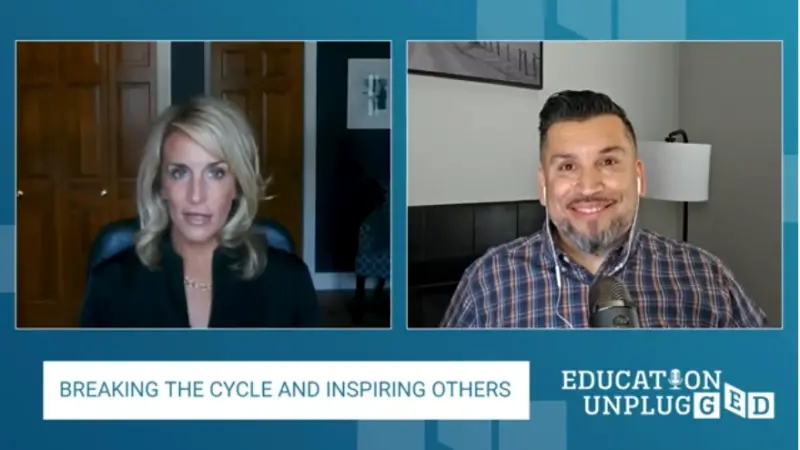Unlocking Effective Learning: Insider Strategies Strategies From Experienced Educators, Post Pandemic
As we pivot and adapt to the complexities of contemporary educational paradigms, it’s become crystal clear that educational leadership is a fulcrum upon which our future pivots. Leaders in our educational institutions are not simply executors of administrative tasks but the architects of dynamic ecosystems that mold future thought leaders. Their realm of influence includes cultivating environments of psychological safety, stimulating professional growth, and orchestrating change with a long-term positive impact. This role demands meticulous resource stewardship, involving an intricate ballet of decision-making and strategic allocation. When executed skillfully, these duties resonate profoundly, reaching beyond the school gates to influence learners, educators, and the wider community in a ripple effect. Let’s hear more on these critical aspects of educational leadership from an industry veteran, Eric Larison, Executive Director – New York Chapter at the Association for Supervision and Curriculum Development, a seasoned expert known for pioneering insights and tangible impact in the field.
- Effective Change Management: Leaders should implement change slowly and steadily, with a focus on sustained effort and patience, making use of practical resources like the book “Implementing Change” by Hall and Hord.
- Cultivating Psychological Safety and Collaboration: The Aristotle Project by Google underscores the importance of psychological safety and collaboration norms in effective team functioning, an insight applicable in school leadership.
- Emphasis on Formative Assessments and Feedback: Regular student assessments and feedback from both students and staff can significantly improve teaching strategies and the overall education environment.
- Professional Development Focused on Immediate Classroom Application: Professional learning for educators should be purpose-driven, research-based, and applicable, leading to small but progressive changes in teaching habits.
- Holistic Approach to Education: The education system should address the social-emotional needs of educators and students alike, underscoring the importance of celebrating success, fostering a supportive environment, and facilitating continuous learning.
Related Article: Education System in Crisis


